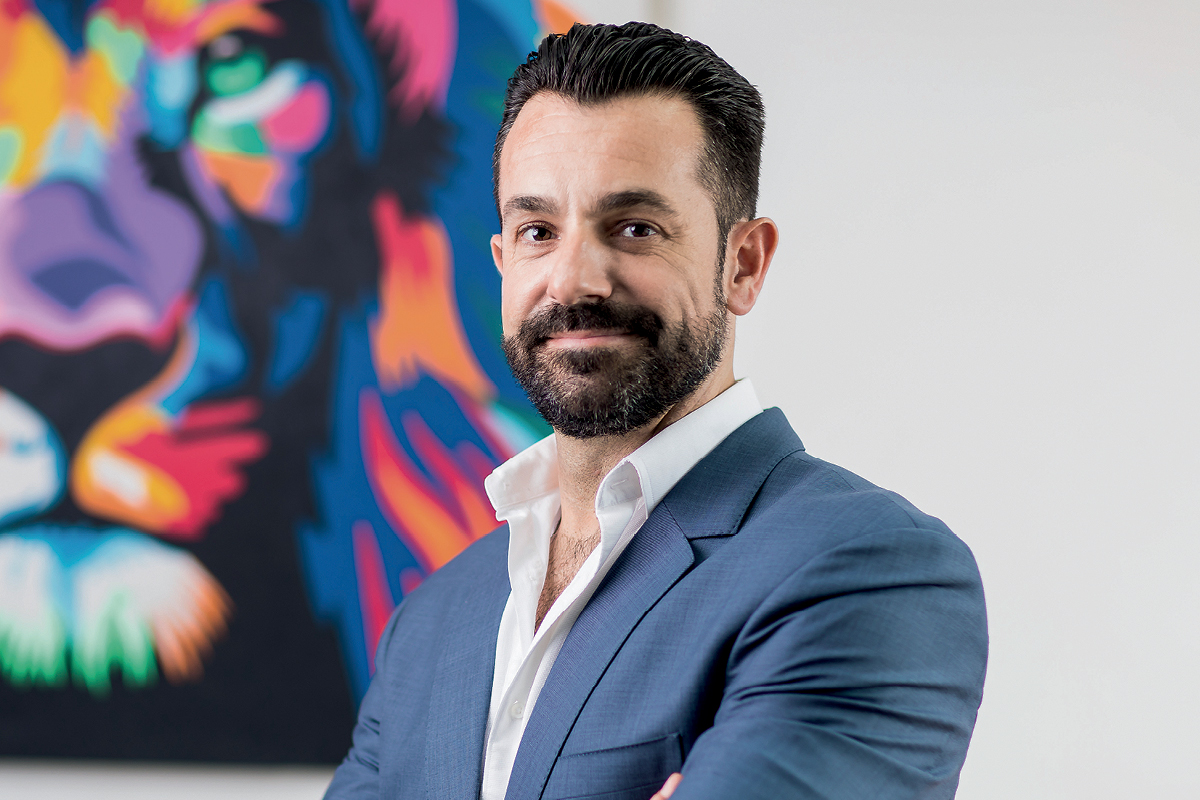Sean Winter would drop a customer who promises to pay $200,000 for one who pays $100, any day. Not doing so would be, according to the Founder and CEO of VAT refund specialist Voyya, “the completely wrong decision”.

This is based on the condition that one has already built a business model where the latter type of customer makes up the vast majority.
“You would not be staying loyal to your core vision and where you want to go as a company otherwise,” he explains. “You would have to change your strategy, product and operations in order to suit a new customer who is in a completely different league from your regulars.
“It’s easy for young entrepreneurs to get swayed by big numbers and big energy from clients who don’t perfectly fit their vision, but from whom they think they are going to make big money,” he continues. “It seldom works out.”
As a self-professed serial entrepreneur, this is a lesson Sean has had to learn himself. Although based in Mauritius, Sean started Voyya in 2016 with his sights set on the European market.
He began with a partnership distribution model, selling Voyya’s platform as a white-label product to established VAT service providers, who then branded it as their own solutions. The strategy worked, but perhaps a little too well, because the business’s growth quickly became too much to handle.
“We made partnerships in a few countries where, on paper, the prospects looked wonderful. We met senior officials and business leaders who bought into our vision. However, it was too dispersed and hard to manage,” Sean confesses. “We became very thinly spread. We had the potential to succeed, but we didn’t have the infrastructure to make it happen.”
He realised that the key was to focus. So in April last year, Voyya announced that it was launching in its home country of Mauritius. Combined with its office in South Africa, the firm is now looking at conquering a market closer to home: Africa.
“Because this is where we are based, it just makes more sense, in terms of infrastructure and in-depth market knowledge, to pivot to a more Africa-centric approach,” shares Sean.
Instead of the abovementioned partnership model it used in Europe, which was more B2B, the firm is taking a direct selling approach in its home continent.
“We are offering our platform to SME businesses as a tool they can use to get huge savings on VAT refunds on the corporate trips they make to Europe,” he explains. Response has been encouraging, with the business in Mauritius growing by about 35 per cent every month.
The next three countries on the firm’s radar are Ghana, Ivory Coast and Senegal. “We believe that they are perfect for the Voyya model, and we can replicate the success we’ve had in Mauritius with direct selling in these countries,” Sean says.
“They all have large populations, GDP growth of above seven per cent, large big-business travel segments focused on Europe, and business travel markets that operate in a very similar fashion to the one we’ve built the Voyya product for. ”
He believes that he has managed to carve out a niche for Voyya with a highly customisable product – something that’s only made possible by having an in-house engineering team.
“In Kenya, for example, they have a hugely popular mobile payment platform called M-Pesa. If we were to enter the country, we’d be able to integrate them as a payment provider within two to four weeks,” he points out.
In addition, Voyya is also fully compatible with most popular travel sites such as Booking.com and Expedia, and can be customised to be compatible with more. This is a big selling point for the firm, as these sites are usually used for booking accommodations.
“We provide localised support, and we have a unique product …This is our edge.”
VAT refunds for hotels are famously difficult to get due to requirements for the industry being more stringent. More often than not, the invoices from hotels are not VAT-compliant, so this is the issue that Voyya most commonly resolves for its customers.
“Most travel agents purchase off the shelf, which means that their products cannot be customised,” Sean explains. “Unlike them, we allow our customers to continue using their favourite booking sites, we provide localised support, and we have a unique product that’s engineered in-house. This is our edge.”


